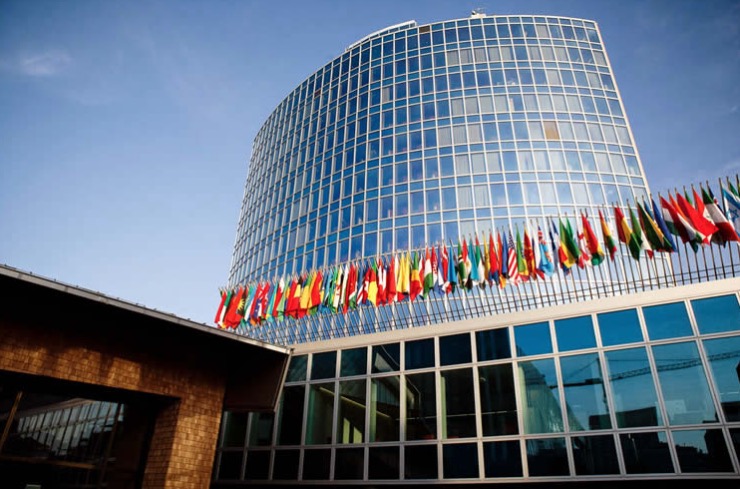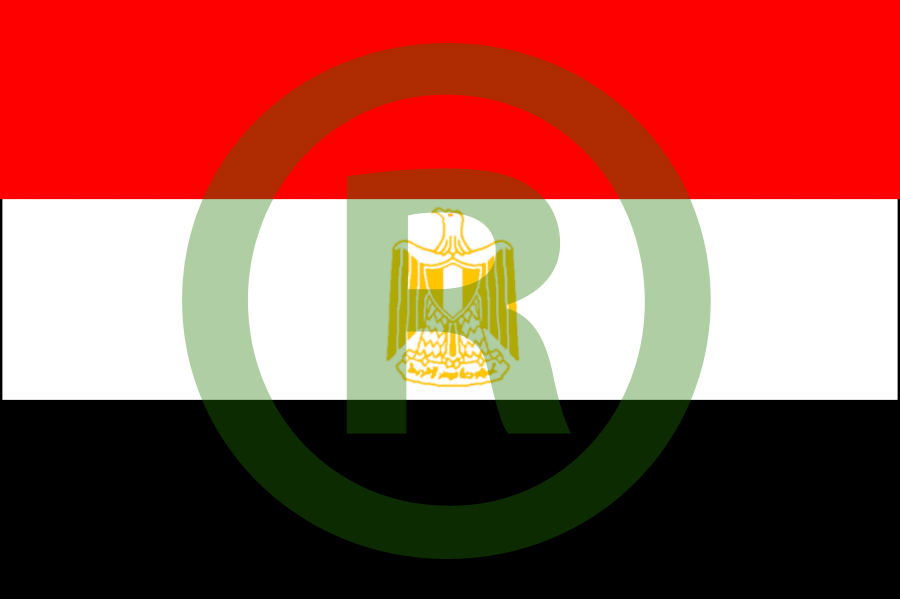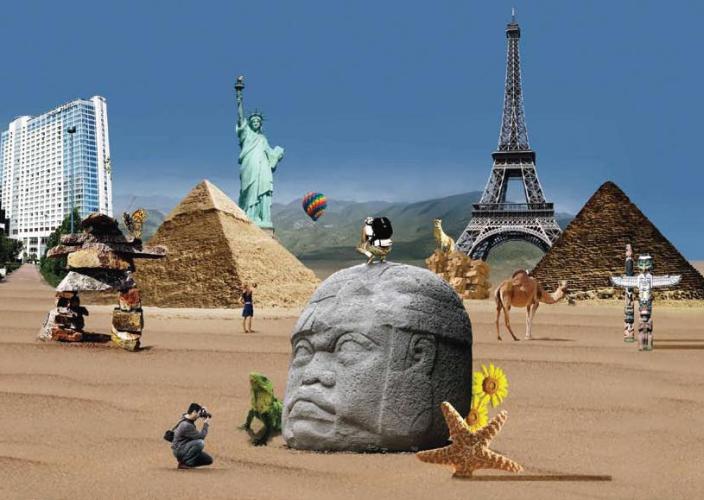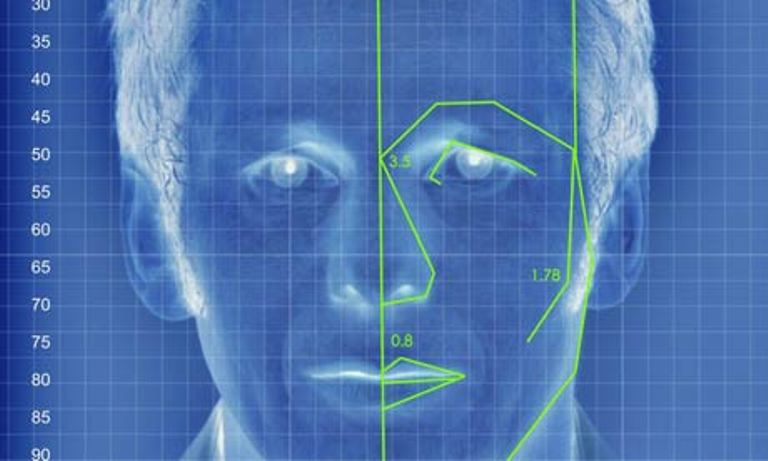Just a little over a month to finalize the marathon for positioning at the helm of WIPO as Director-General. A swift analysis should be envisaged inviting us to reflect about which competences are essential and necessary to steer the prestigious rudder of this UN agency.
The World Intellectual Property Organization (WIPO) will elect during the month of March of the current year a new Director General. WIPO is a self-funded specialized UN Agency designed to promote, manage and build the right ecosystem to protect intellectual property rights globally. It has 192 state members, who support WIPO in setting international standards and infrastructure that enable the proper use and respect for these rights.
It is well understood that WIPO’s activities are driven by its member states. Nevertheless, the Director General has an important role in facilitating political consensus, creating an environment of trust within the organization and its member states, and ensuring effective implementation of policies and regulations. Finally, WIPO’s DG has also the responsibility to keep increasing the income and production surplus of the organization bringing financial capability to continue innovating in the services it provides, as well as to shorten the distance in terms of technological and economic development between developed, developing, in-transition and least developed countries.
In today’s world, countries are vying for supremacy, which generates political quarrels and brings national interests to international organizations, reason why this prestigious role must have as a target impartiality and balance,
and thus avoid the influence of political considerations. WIPO’s leadership should not defy the common sense of the world order, on the contrary, it must connect and spur the endeavors generated so far that drive sustainable and economic development to underline the commitment for a bright future.
This article is an open invitation to reflect about how the mandate of a specialized agency such as WIPO should not be a fairytale to reach power. WIPO’s leadership is the linchpin for the development of the new generations.
Which are the key competencies required for the Director General of WIPO?
Due to the complexity of leading an organization as specialized in its subject, such as intellectual property. WIPO cannot afford not to have an expert in the field. It is important to understand that there is ever increasing demand for WIPO’s services for enhancing capacity of countries to use the IP system and for developing appropriate norms that keep pace with a rapidly evolving global economy.
Since WIPO interacts closely with the private sector, generate significant income, and is mandated to develop balanced norms, it is essential that the leadership of WIPO demonstrates the highest standards of integrity and rectitude.
Unfortunately, in recent years, WIPO’s reputation for transparency, objectivity and fairness have been questioned. This needs to be corrected.
To ensure the right climate inside and outside the organization, WIPO’s DG must be familiar with the procedures of the organization and be aware of the member states’ needs.
As a result of this reasoning, the following four key attributes must be found in the upcoming WIPO Director General.
- Experience
- Integrity
- IP expertise
- Ability to forge consensus
Who are the strongest candidates according to this analysis? What are their proposals?
The WIPO Coordination Committee comprising 83 member states will elect one out of ten candidates nominated by their governments to run the position of Director General. The ten candidates are as follows:
- Prof. Adebambo Adewopo (Nigeria)
- Mr. Marco Matías Alemán (Colombia)
- Mr. Ivo Gagliuffi Piercechi (Peru)
- Dr. Edward Kwakwa (Ghana)
- Mr. Kenichiro Natsume (Japan)
- Mr. Dámaso Pardo (Argentina) ) (whohas now withdrawn his candidature)
- Mr. Jüri Seilenthal (Estonia) (who hasnow withdrawn his candidature)
- Mr. Daren Tang (Singapore)
- Ms. Saule Tlevlessova (Republic ofKazakhstan)
- Ms. WANG Binying (China)
From the pool of abovementioned candidates only four have experience in internal affairs within WIPO. The candidates are Mr. Marco Matías Alemán (Colombia), Dr. Edward Kwakwa (Ghana), Mr. Kenichiro Natsume (Japan) and Ms. Wang Binying (China). Of the remaining candidates Mr. Daren Tang (Singapore) has chaired WIPO’s Standing Committee on Copyright, however, clearly, the most experienced profiles are Dr. Kwakwa, and Ms. Wang. Dr. Kwakwa has served on the Senior Management Teams as Legal Counsel and Senior Director, Department of Traditional Knowledge and Global Challenges during the last two Director Generals terms (2004 to present), while Ms. Wang, who has served as Deputy Director General of Brands and Designs sector for eleven years now (2009 to present).
It is worth mentioning that thanks to the functions Dr. Kwakwa, Ms. Wang and Mr. Tang
have played during their professional paths, they are well known among member states representatives. This being an element adding value to their endeavors, without being decisive.
This article will highlight objectively the salient features of the nominated candidates wanting to become WIPO Director General, in specific the ones who have shown a stronger front according to this analysis.
Ms. Wang proposal relies in demonstrating a strong commitment to multilateralism and international intellectual property cooperation to support WIPO’s endeavors. Some of her targets are to build capacities in the development, application, protection and management of intellectual property. However, it must be mentioned that despite China has been showing progress in relation to their ability to generate intellectual property assets, Ms. Wang’s nomination has prompted some sense of trepidation among Member States and stakeholders who are intensive users of the IP system.
On the other hand, Mr. Tang, the national of Singapore, headed the Intellectual Property Office of Singapore (IPOS) for the past few years. He has very little experience at the international level. Also, his IP expertise is limited to issues related to copyright.
The Ghanaian candidate, Dr.Edward Kwakwa, has had a successful professional career at a senior managerial level with the UN system. Dr. Kwakwa seeks to put at work his consensus building skills, knowledge of IP issues, and extensive IP experience.
Dr. Kwakwa’s action plan is to modernize IP institutions of developing countries, address the increasing demand of IP titles, understand and satisfy the needs of all the member states and to effectively implement WIPO’s treaties to benefit other relevant IP stakeholders.
Conclusions
Member states must be aware that electing a new Director General cannot be an open pass to a fairytale. A lot of interests are at stake, reason why political consensus and integrity are key elements needed to bring all member states closer together.
Since countries are vying for supremacy, a biased and transparent leadership is needed in order to create an atmosphere of trust among member states and other stakeholders.
WIPO cannot afford to bring onboard- inexperienced leaders, with inadequate IP experience if the organization is to effectively respond to the challenges posed by the fast growing technological and economic development.
Although the activities of WIPO are driven by its member states, this article invite us to reflect on the importance of having the most suitable candidate at the helm of the organization.














